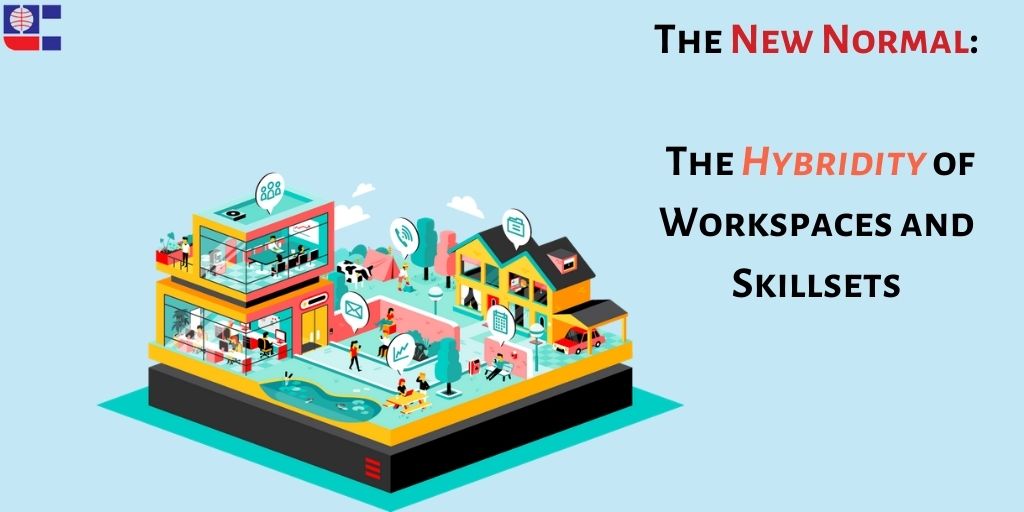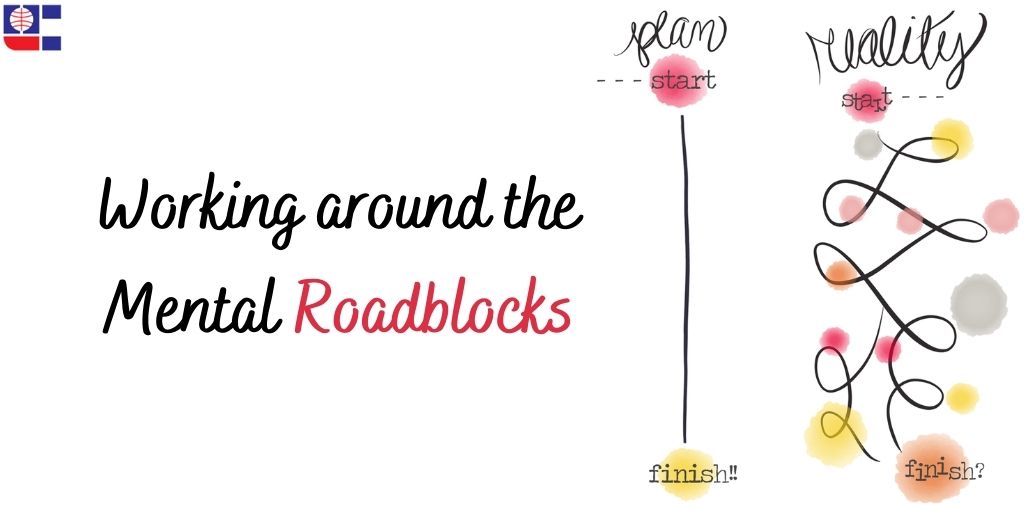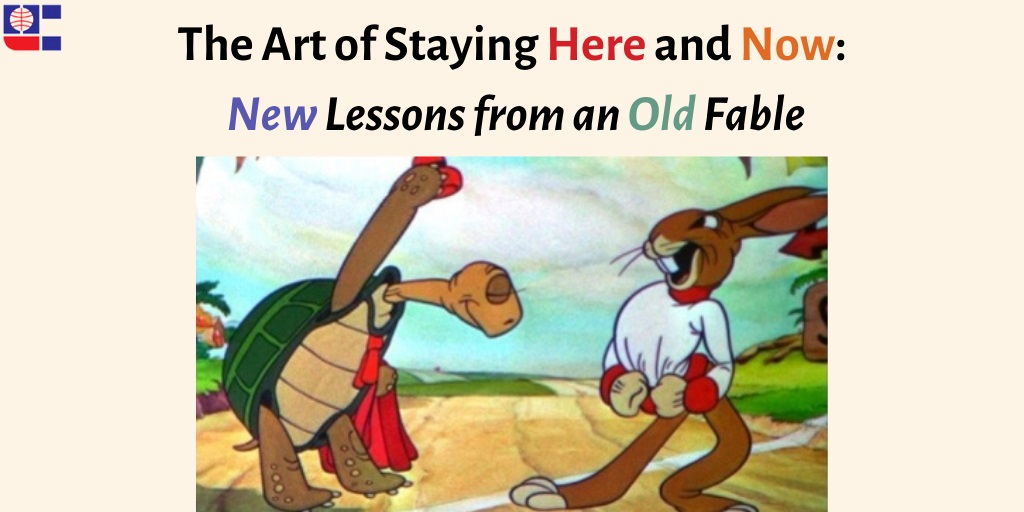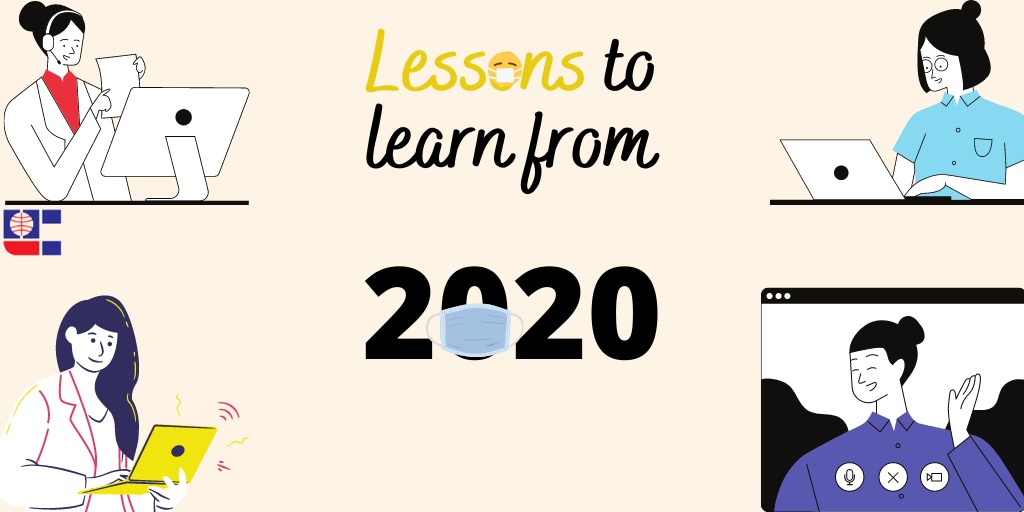
In the current post-pandemic world, the concept of a hybrid work has emerged. As the name suggests, it essentially means how some of us are juggling our work between home and office, depending on health and safety concerns, the situation of lockdowns in our respective locations, as well as the situation our international clients and colleagues may be facing.
The concept of the office space itself has undergone a change, and even with a lot of us returning to that space, we see transformations, like sanitisation stations, socially distanced seating, regulations for attendance, to name a few that are happening as we speak.
As an article on USA Today tell us, we are beginning to face some tricky issues, like:
- How do companies reconfigure their workspaces?
- How to arrive at a compromise when one section of the office wants to, or needs to keep working remotely, and one section is itching to come back to work? This further leads us to questions like what to do with group interactions and urgent meetings, when half the office is present only virtually, and the endless ‘am I audible’, ‘sorry my internet is slow today’ that follows?
Hybridity in Skills and Jobs:
Hybrid work and workspaces have given us a fair share of practical, technical, administrative challenges. This new hybridity has also led to a realisation of the importance of adapting one’s job to that hybridity.
Long before the pandemic, the concept of a hybrid job and hybrid skills had emerged. According to Balance Careers, hybrid skills are a combination of technical and non-technical skills. They may vary across fields, but essentially, they imply that one possesses the skills which aren’t necessary part of their expected skillset. To put it another way, a hybrid skillset implies that someone with a traditionally technical job, requiring technical hard skills must also possess soft skills, and the converse, that someone who requires mostly soft skills must know some technical skills too.
Let us take a look at some examples, given by the article by Balance Careers cited earlier:
- ‘Technical recruiters must possess strong communication, persuasive, and interpersonal skills, while also comprehending the complex technical demands of the positions that they are filling. They must also master data-mining skills to identify appropriate prospects from candidate databases.’
- ‘Digital security analysts must learn to identify complex cyber threats, but they also need communication and persuasive skills to convince management and co-workers to adopt stricter safety protocols.’
- ‘Graphic designers need artistic sensibility and creativity to create appealing designs, as well as communication skills to extract customer preferences. They also must have strong technical skills to use computer-aided design systems and web-authoring tools.’
- ‘Pharmaceutical and medical product sales representatives must have strong verbal communication and relationship-development skills, as well as fluency in scientific concepts and research methodology regarding drug trials.’
Put this way, so clearly, it just sounds obvious. But often, candidates could miss out on a position, not because of a lack of their field-specific skillset, but rather due to an imbalance in such hybridity.
Double Impetus:
Why is hybridity in skillset so important? The emergence of technology gave rise to this need of a hybridity. As Robert Half explains in a pre-pandemic article:
‘More than any other force, changes in technology, from the increasing reliance by companies on big data to the emergence of the Internet of Things, are helping to fuel the demand for hybrid jobs. As business and technology become increasingly intertwined, there will be a need for professionals in almost any type of job to apply technology in ways that create new value and insights for the business.’
He further gives the example of how a software developer who understands the creative process can bring both hard technical skills and soft skills to the table; ‘the creative technologist is able suggest new ideas for marketing or advertising campaigns, develop and test these ideas, and then use analytics to refine them.’
So, hybridity of skills was anyway in demand thanks to the rise in technology but now we have the pandemic, where one has to juggle through remote and in-office working, and one may have to fill in multiple roles simultaneously. As a result, cultivating hybridity in one’s skillset has become a must.
Moreover, as some people quit or lose their jobs, companies are looking at their remaining present employees who are willing to learn and give a shot to new experiences.
Technology, and the rise in the need to adapt to technology as a result of the pandemic, as well as the multitasking one often has to undertake as a result of the current scenario and absence of an in-person team, or limitations in collaborative efforts– all such factors have resulted in making hybridity in skills so important.
How does one go about cultivating this hybridity? Anything about the pandemic almost always is bringing us to this one conclusion- it is best to be prepared, it is best to always keep learning.
One must keep learning not only their field-specific skills but also skills which at a first glance may or may not have much to do with their job. A willingness to learn goes a long way. Fresh graduates and students should grab every opportunity to acquire certificates beyond their field; for example, a humanities student should take up courses in statistics and analyses if they get a chance. People whose career have long ago started can take up opportunities provided by their companies learning and development (L&D), through seminars and talks. They might also dabble into consulting work or taking up courses online.
The key is to never stop learning. Hybridity will follow the willingness to learn.





